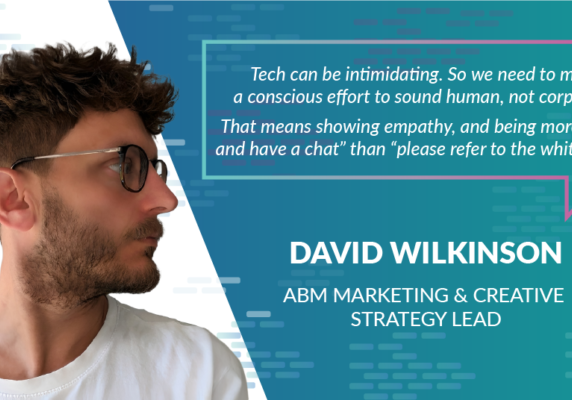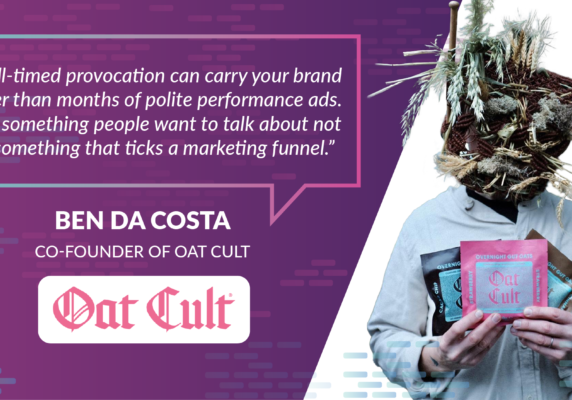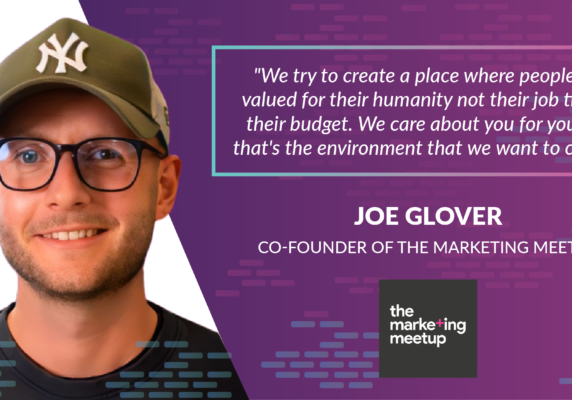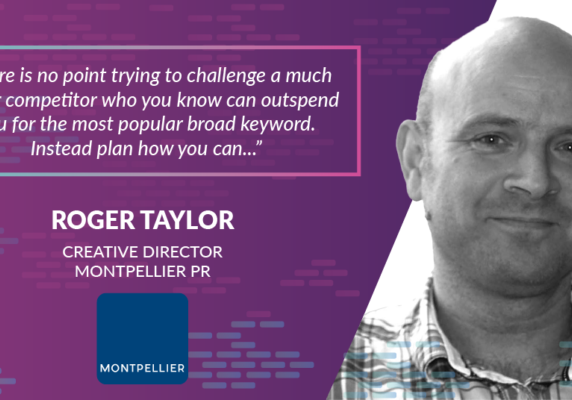Brand Loyalty
Brand Loyalty, a Relic of the Past?

In the past Brand Loyalty gave advertisers an easy ‘in’…
There was a time when life seemed to move at a much more sedate pace. Past generations of people believed in a job-for-life, working for a single employer until they retired. More religious in nature, they subscribed to the nuclear family model, and the fixed, patriarchal roles within. The brands that they purchased at the time, catered exclusively to these values and in turn, they displayed fierce brand loyalty.
Today, employment is fluid, many workers will change jobs a multitude of times, during their careers. The deconstruction of the nuclear family continues to challenge many older belief systems including relationships, friendships and personal aspirations. This decline in shared loyalty continues to influence consumer behaviour and as such, is especially poignant for brands.
A dramatic, shifting landscape
Today’s consumers are fickle when it comes to brand loyalty. They value new, exciting experiences over known, boring ones. They are technologically savvy, engaged by social media trends and seek-out interactions online with other like-minded users, creating feedback loops in the process; enforcing their opinions across a range of topics. Suspicious of large corporations, distrustful of how these companies operate, consumers are also turned-off by advertising that is not tailored to their needs.
Existing in an ‘always online’ culture, consumers are short on time, navigating through a constant barrage of information while suppressing their fear of missing out (FOMO), which only accentuates their impatience.
“48% of shoppers have left a brand’s website and made a purchase from a competitor because of a poorly personalised experience”. – Marketing Dive
Sink or swim
Brands run the risk of falling into obscurity unless they can adjust the trajectory of their customer focus, earn trust and gain their brand loyalty. It is not enough to simply meet the requirements of consumers, and gone are the days of being able to generate revenues based on a brand’s successful heritage alone.
Companies must continue to identify trends and adapt their USP’s accordingly. ‘Moment marketing’ (inventing a need for a product or service post-launch) should be avoided at all cost. The whole marketing push has to be integrated from a product’s/service’s inception, far into its life-cycle.
Instant adaptation
The good news is that there are plenty of ways to do so, even better, that many methods are affordable for smaller brands too. Micro-influencers, specialised thought-leaders with fewer followers than celebrities (super-influencers), still command loyal audiences and can promote where brands are unable to penetrate. Consumers are cynical of promotions from brands but recommendations from individuals provide authenticity and are largely, well received. The best part, not only do these influencers enjoy a 4-5% improvement in user engagement than super-influencers, they can be a sales multiplier by a factor of 1:6, with serious potential to boost ROI.
Don’t be another brick in the wall
To combat the danger of having their identity drowned in today’s saturated marketplace, brands are more commonly turning to experiential marketing. From progressive technologies such as VR, through to instep engagement, (the latter of which sees a brand take their product/service to the customer within a setting that compliments their needs), these strategies increase user participation while simultaneously delivering a welcomed experience.
It is crucial for brands to hit the sweet-spot between creating a product/service which is unique and adaptive to change, to stay ahead of the curve in the market. Consumers demand genuine brands while also wanting these to feel fresh and new.
Customers, your best & loudest marketing megaphone…
In an age where social media determines brand survival, companies must form a strategy for engaging with their audience as well as anticipating negative opinion and trolling, all while being aware that any reaction on their part, will be judged by their target audience. When executed well, even defamatory remarks can be handled in a way that actually nets the company new fans, won-over by their professionalism and who will freely champion its values to others and help to kindle brand loyalty in fellow customers.
START A PROJECT WITH US





